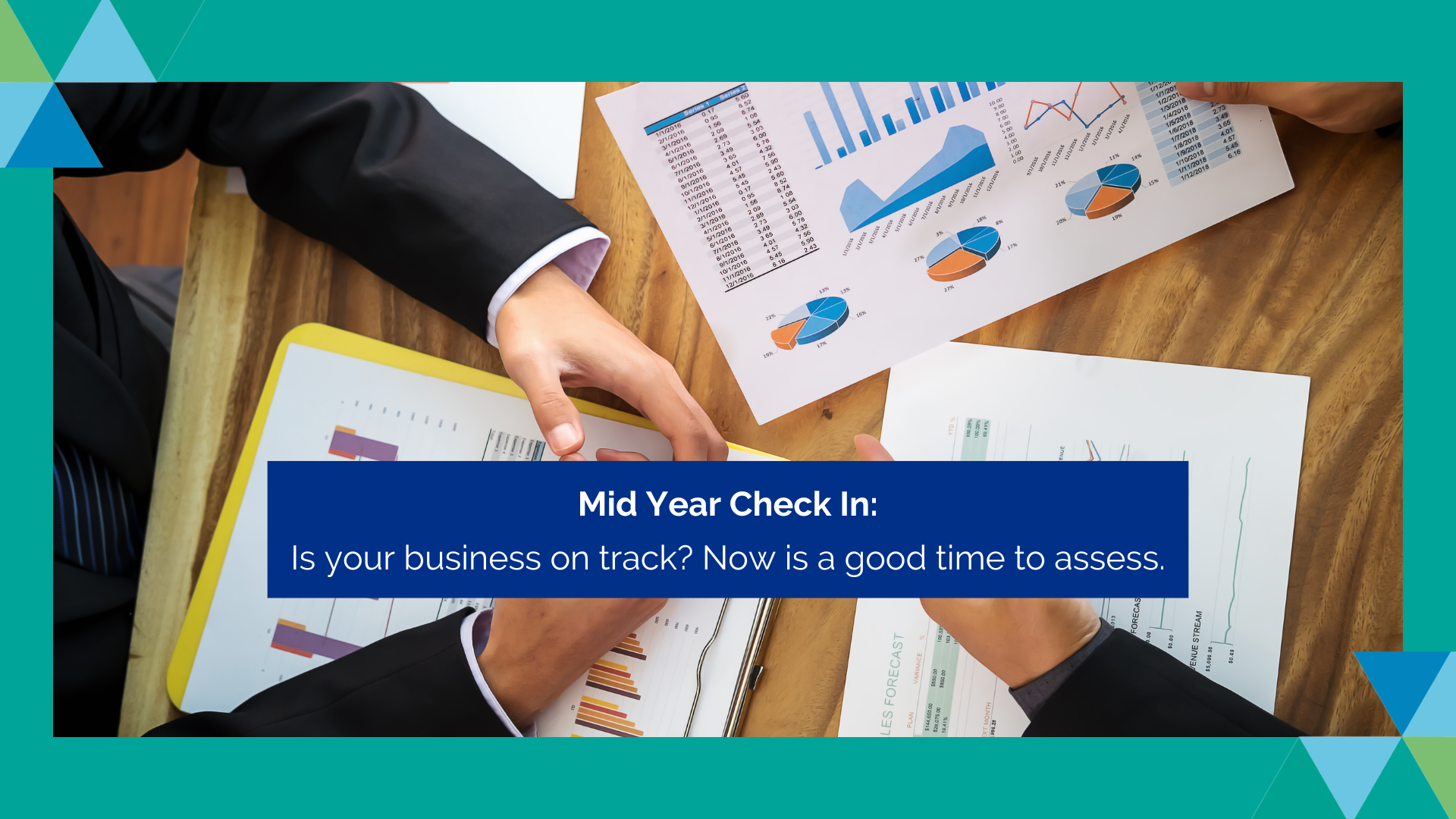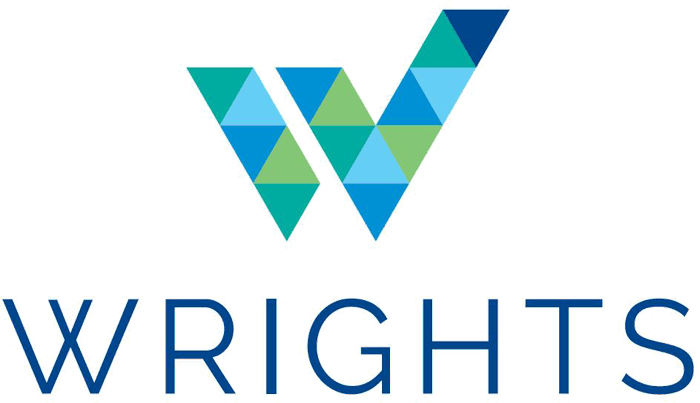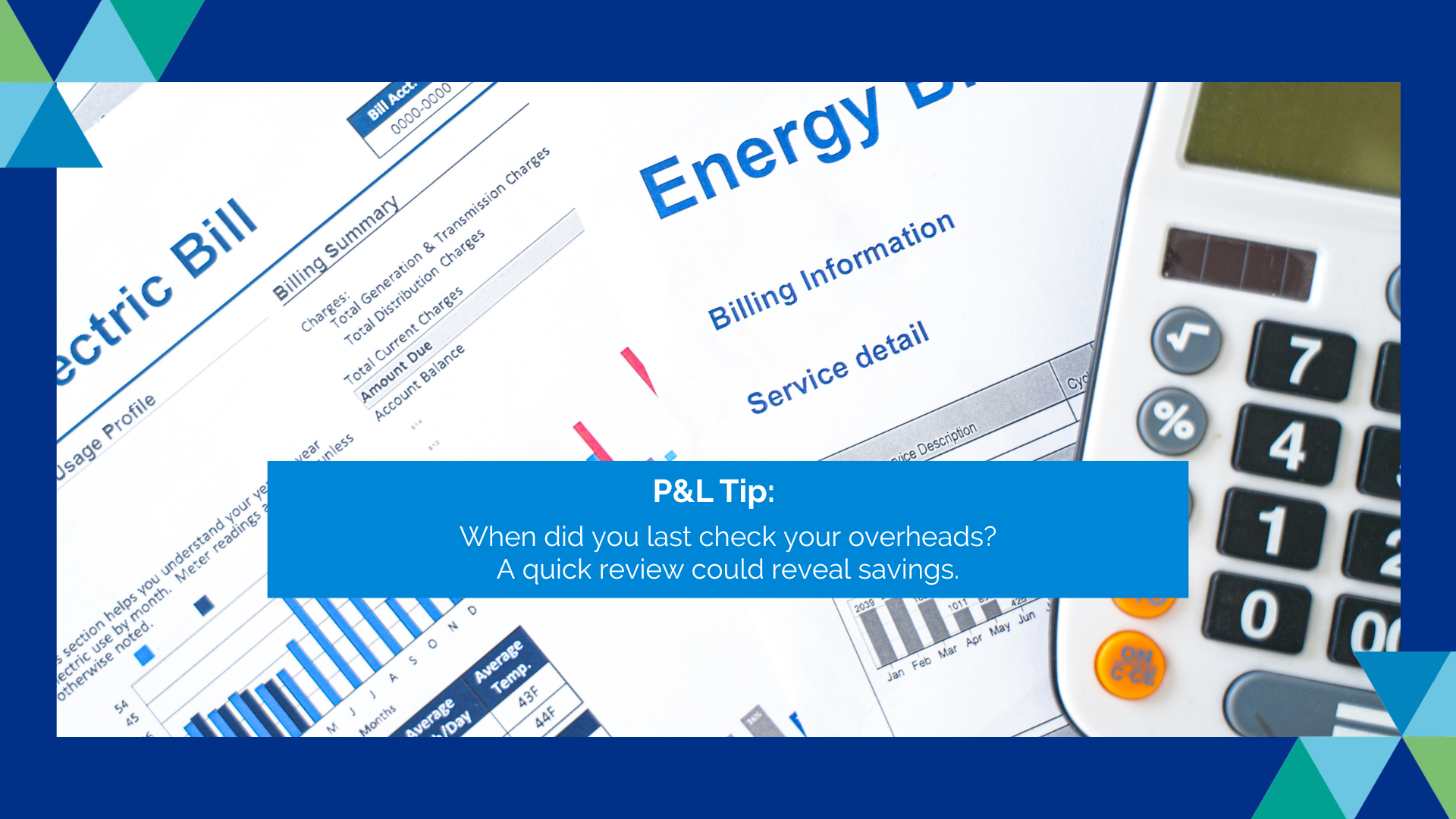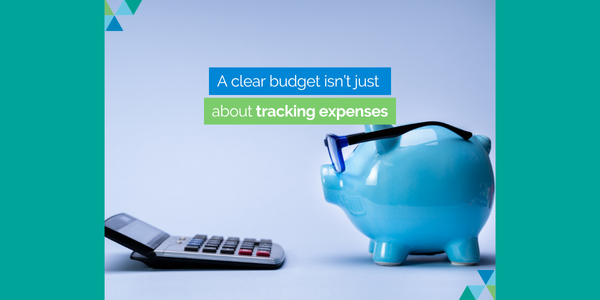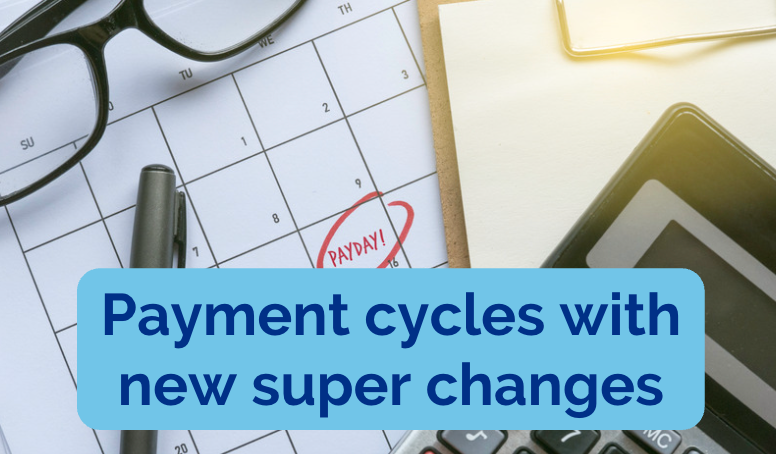Which Small Business Accounting Software Do I Use?
An Accountant's Review of Xero & MYOB

Managing the financial health of your small business is essential to its success. Fortunately, there are two accounting software that offer an array of features, streamlining processes and ensuring the accurate tracking of every dollar.
Below, we delve deeply into the two accounting solutions that we recommend for our small business clients: Xero and MYOB and we review the pros and cons of each one.
---
Xero
Overview:
In our experience, Xero is the cloud-based accounting platform that most small (less than $10M turnover and less than 20 staff) find more comfortable to use. Its user-friendly interface and a vast ecosystem of integrations make Xero an easier and more versatile platform for people to navigate.
Pros:
1. Cloud-Based: Access your finances anytime, anywhere, and on any device.
2. Ecosystem: With 800+ third-party apps available for integration, Xero can be tailored to specific business needs.
3. User-Friendly: Its intuitive design makes it easy even for those with minimal accounting knowledge.
4. Automated Features: Bank feeds, invoicing, and reconciliation are automated, saving time and reducing manual errors.
5. Multi-Currency: Ideal for businesses operating internationally.
Cons:
1. Pricing: Higher cost for the premium features, especially for businesses that only need basic functionality.
2. Inventory Management: Its built-in features may be limited for businesses with extensive inventory needs.
MYOB
MYOB (Mind Your Own Business) is an Australian multinational corporation that offers tax, accounting, and other services to small and medium businesses. It provides both cloud-based and offline solutions and we generally tend to recommend this software to larger businesses.
Pros:
1. Diverse Range: Products vary from basic bookkeeping to more advanced business management solutions.
2. Local Support: Strong Australian roots ensure that its support and features are catered specifically for the Australian market.
3. Offline Access: Unlike some cloud-only solutions, MYOB offers offline products.
4. Payroll Integration: MYOB has strong payroll capabilities built into its software.
5. GST and Tax Compliance: Designed to be compliant with Australian tax requirements.
Cons:
1. Learning Curve: Some users report a steeper learning curve compared to other alternatives.
2. Interface: The interface is sometimes considered less modern than competitors like Xero.
3. Costly Add-Ons: Many advanced features require additional purchases.
---
A proactive approach to selecting the right accounting software for your business is to test out each platform's trial version, gauge its fit for your operations, and make an informed choice.
While both Xero and MYOB are great options, our primary advice is to ensure proper setup (both platforms offer excellent training videos) and consistent use of whichever software you select, avoiding any shortcuts.
Initially, using either of the platforms may seem daunting, but we have noticed that as our clients familiarise themselves with them, their confidence grows, and they leverage them effectively.
For assistance with small business accounting, including transitioning to accounting software, our team is here to help. Find out more about our services by reaching out to us at admin@wrightsca.com.au.
Important notice: This article provides information rather than financial advice. The content of this article, including any information contained in it, has been prepared without taking into account your objectives, financial situation or needs. You should consider the appropriateness of the information, taking these matters into account, before you act on any information.
Below, we delve deeply into the two accounting solutions that we recommend for our small business clients: Xero and MYOB and we review the pros and cons of each one.
---
Xero
Overview:
In our experience, Xero is the cloud-based accounting platform that most small (less than $10M turnover and less than 20 staff) find more comfortable to use. Its user-friendly interface and a vast ecosystem of integrations make Xero an easier and more versatile platform for people to navigate.
Pros:
1. Cloud-Based: Access your finances anytime, anywhere, and on any device.
2. Ecosystem: With 800+ third-party apps available for integration, Xero can be tailored to specific business needs.
3. User-Friendly: Its intuitive design makes it easy even for those with minimal accounting knowledge.
4. Automated Features: Bank feeds, invoicing, and reconciliation are automated, saving time and reducing manual errors.
5. Multi-Currency: Ideal for businesses operating internationally.
Cons:
1. Pricing: Higher cost for the premium features, especially for businesses that only need basic functionality.
2. Inventory Management: Its built-in features may be limited for businesses with extensive inventory needs.
MYOB
MYOB (Mind Your Own Business) is an Australian multinational corporation that offers tax, accounting, and other services to small and medium businesses. It provides both cloud-based and offline solutions and we generally tend to recommend this software to larger businesses.
Pros:
1. Diverse Range: Products vary from basic bookkeeping to more advanced business management solutions.
2. Local Support: Strong Australian roots ensure that its support and features are catered specifically for the Australian market.
3. Offline Access: Unlike some cloud-only solutions, MYOB offers offline products.
4. Payroll Integration: MYOB has strong payroll capabilities built into its software.
5. GST and Tax Compliance: Designed to be compliant with Australian tax requirements.
Cons:
1. Learning Curve: Some users report a steeper learning curve compared to other alternatives.
2. Interface: The interface is sometimes considered less modern than competitors like Xero.
3. Costly Add-Ons: Many advanced features require additional purchases.
---
A proactive approach to selecting the right accounting software for your business is to test out each platform's trial version, gauge its fit for your operations, and make an informed choice.
While both Xero and MYOB are great options, our primary advice is to ensure proper setup (both platforms offer excellent training videos) and consistent use of whichever software you select, avoiding any shortcuts.
Initially, using either of the platforms may seem daunting, but we have noticed that as our clients familiarise themselves with them, their confidence grows, and they leverage them effectively.
For assistance with small business accounting, including transitioning to accounting software, our team is here to help. Find out more about our services by reaching out to us at admin@wrightsca.com.au.
Important notice: This article provides information rather than financial advice. The content of this article, including any information contained in it, has been prepared without taking into account your objectives, financial situation or needs. You should consider the appropriateness of the information, taking these matters into account, before you act on any information.
